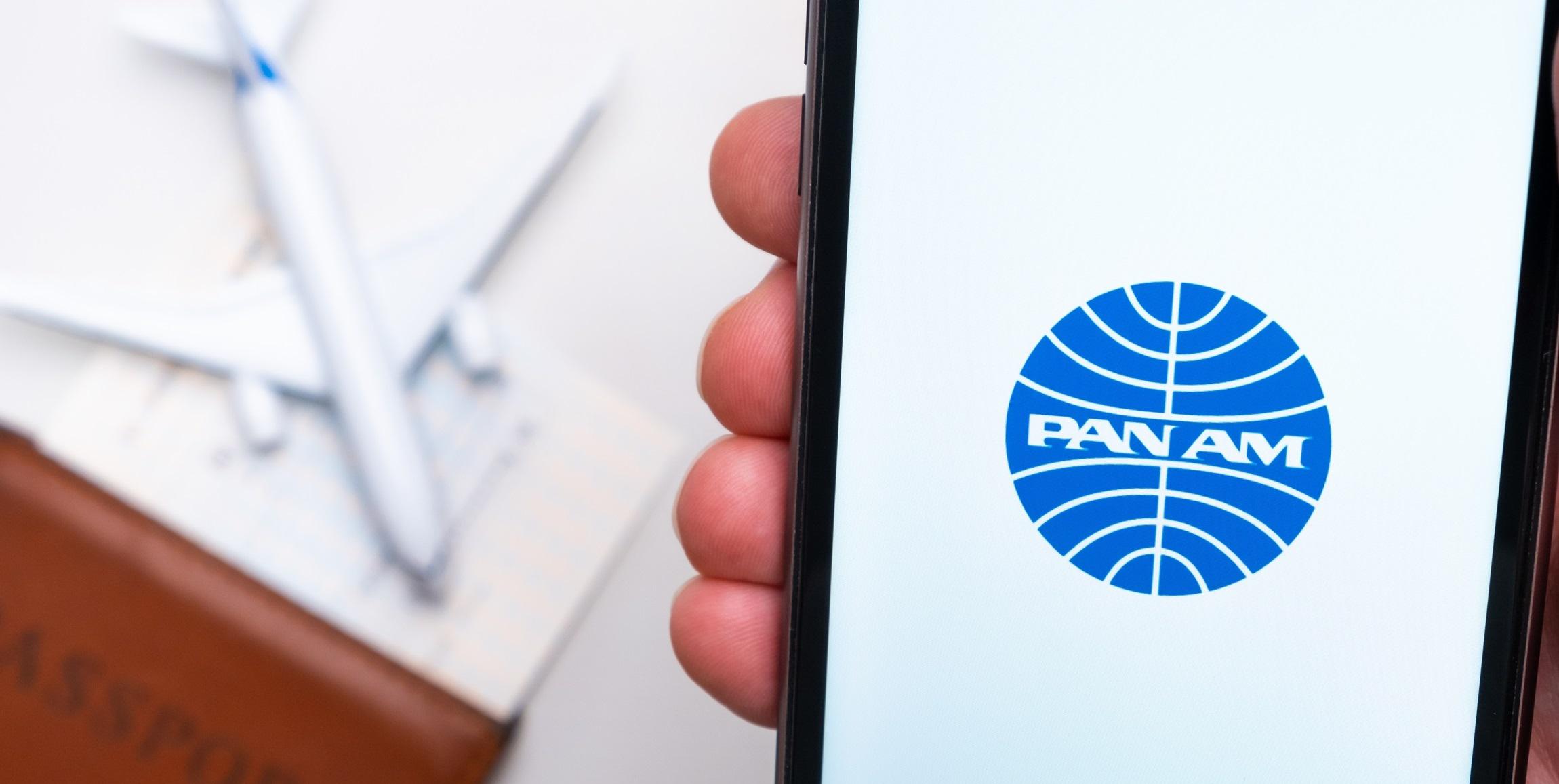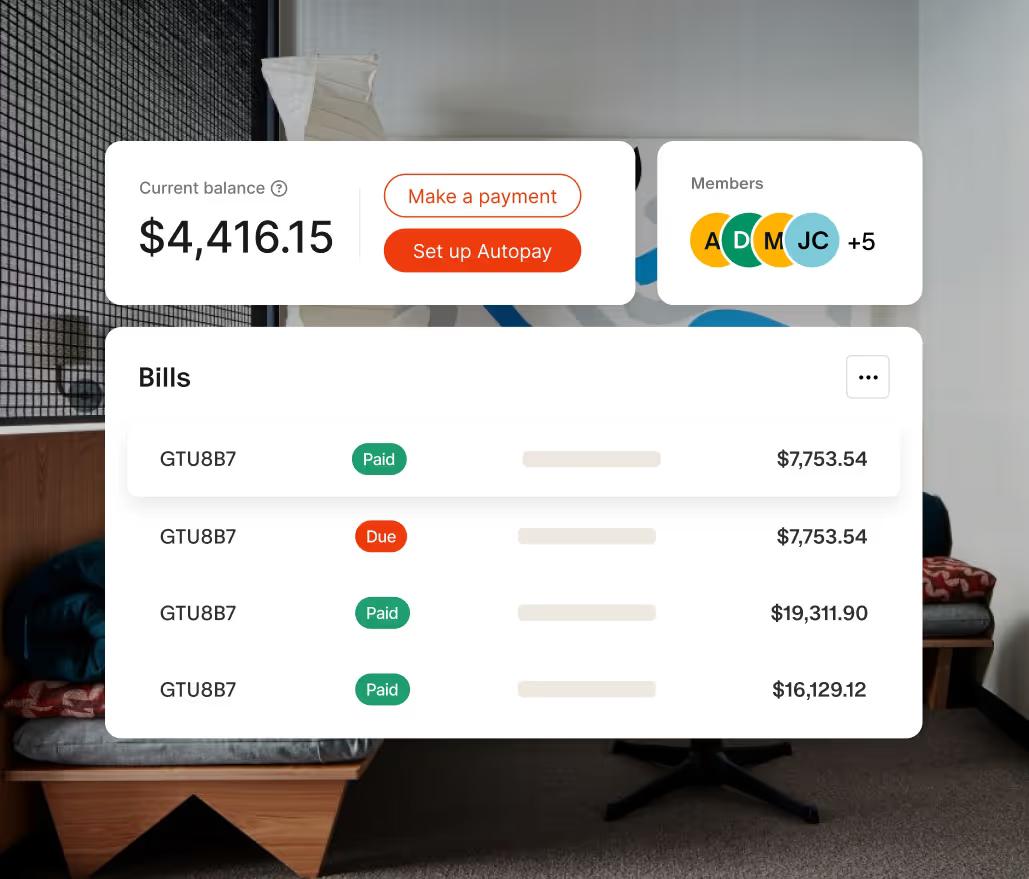What Info Do You Need to Book a Flight For Business Travel?

Flight booking breaks when you're missing basic information.
Your project manager's passport name doesn't match the ticket. Security stops them at the gate. The backup flight costs three times more and arrives after the client meeting ends.
Emergency weather delays hit your crew. Corporate cards declined because nobody updated the spending limits. Four people sleep in the airport while you fix payment issues at 2 AM.
One wrong detail can cause missed meetings, blown budgets, and stranded colleagues.
Basic travel requirements cover individual bookings, but business travel adds layers of complexity that most people miss.
Getting the basics right starts with having the right information before you book. Here's what you need to get your team traveling without hassle.
1. Traveler Personal Details
Use the exact name from the traveler’s ID. Not what they go by. Not what's on their business card. What's printed on their driver's license, identification card, or passport.
Airlines match ticket names to government databases character by character. "Robert" doesn't match "Bob." "Elizabeth" doesn't match "Liz." "O'Connor" doesn't match "O Connor." TSA computers don't understand nicknames or formatting differences. So you need to type the name exactly as it appears on their state-issued documents, including middle initials, hyphens, and apostrophes.
Here’s what else you need to get 100% correct:
- Date of birth - Include the month, day, and full four-digit year (double-check the year). Wrong birth years trigger manual verification delays at security.
- Known Traveler Number or Global Entry number - TSA PreCheck and Global Entry save significant time, but only if you enter the numbers during booking. Adding them later doesn't work. Regular security lines can take an hour during busy travel periods.
- Mobile phone number - The number you provide should be one that works in your destination country and accepts text messages. Airlines send gate changes, delays, and boarding updates via text.
- Gender designation - This also must match their government-issued ID.
2. Travel Details
Getting these details wrong means starting over with new searches, different pricing, and potentially losing seat availability for your team.
Departure airport: Don't assume there's only one option. Major cities have multiple airports with different costs and flight schedules. Know which airport works best for your team's location and departure timing.
Destination airport: Many business destinations have several airport choices. The "main" airport isn't always closest to your work location. Get the specific airport code that makes sense for where your team needs to be.
Departure date: Exact dates affect pricing and availability. Flying on different days of the week can change costs significantly. Know if you have any flexibility in departure timing before you start comparing options.
Return date: Basic economy fares seem cheaper until you need to change them. Change fees often cost more than the original ticket. Even if your project timeline might change, pick a target return date for booking.
Number of passengers: Airlines don't automatically seat groups together. Book everyone at the same time and request adjacent seats. Confirm seat assignments before completing the purchase, or your team gets scattered across the plane.
3. Payment Methods
No single payment method works for every booking situation. Your corporate card might get declined for emergency international rebookings. Individual cards can't handle $15,000 group bookings. Payment holds freeze debit accounts when you need them most.
- Corporate credit cards: automatic expense integration, higher limits for group bookings
- Individual credit cards with reimbursement: requires receipt management and expense reports
- Debit cards: risky for large bookings, holds can freeze accounts
- PayPal Business: works for most airlines, good for international payments
- Wire transfers: for large group bookings, requires advance planning
Once you reach the final payment page and select the method you want to use, double-check the dates, times, departure, and destination airports.
4. International Documentation
International projects require additional documentation:
- Passport number, issue date, and expiration date: must remain valid for six months beyond your return date for most countries
- Visa documentation: tourist visas don't cover work activities, business/work visas take longer to process, check with destination country's embassy early in planning
- Emergency contact information: someone stateside who can help if things go wrong
- Travel insurance confirmation: many countries require proof of coverage
- Work authorization documents: letters explaining why you're bringing tools and equipment across borders
Keep copies of everyone's travel documents. Email passport copies to yourself before traveling. Store everything in cloud storage that works offline.
What You Need to Know Before Booking Business Travel for Your Crew
Good business travel preparation isn't complicated. It's knowing what information you need before you need it.
Company payment methods and approval workflows
Know who authorizes what spending levels. Can travel managers approve last-minute flight changes? Who handles international bookings? Get approval processes clear before you need them. Some companies require pre-approval for flights over certain amounts. Others delegate authority to department managers.
Expense tracking requirements
Learn what documentation your accounting team needs. Some companies require detailed receipts for everything. Others accept credit card statements for flights under specific amounts.
Know the rules before you book. Missing documentation delays reimbursements and creates month-end accounting headaches.
Mobile access
Business travelers work from client sites, conference centers, and remote offices. Booking platforms need to work on phones with unreliable internet connections. Mobile apps should handle basic changes without calling customer service.
Test your company's travel platform on mobile before you're stuck in an airport trying to change flights.
Receipt and documentation
Know what records you need for reimbursement. Email confirmations aren't always enough. Some companies require credit card statements. Others need boarding passes as proof of travel.

Quick Travel Booking Checklists for Individuals and Teams
Different booking scenarios need different information priorities. Use these focused lists to get the right details without overthinking the process.
For Individual Business Travel:
- Full legal name and Known Traveler Number
- Flexible return date for schedule changes
- Corporate payment method with billing codes
- Mobile contact for flight updates
For Team/Crew Bookings:
- Complete traveler roster with all legal names
- Same departure and arrival flights for everyone
- Adjacent seat assignments (request during booking)
- Single point of contact for group changes
- Shared transportation from airport to destination
- Emergency contact covering entire team
- Group billing structure for simplified invoicing
For International Projects:
- Valid passports with 6+ months remaining
- Work visas and authorization letters
- Travel insurance covering entire team
- Local emergency contacts in destination country
Engine Handles Flight Booking Reality
Most booking platforms look great in demos but collapse under team usage. Cards get declined during emergency rebookings. Information gets lost between systems. Group coordination turns into chaos when one person misses a flight. Mobile booking fails when you need it most.
Engine adapts to how business travelers work. Enter traveler details once, and they stick for every future booking. Corporate payment workflows make sense from the start.
Group bookings stay coordinated automatically when changes happen. Mobile booking works from client sites with unreliable connections. Last-minute changes get handled without breaking budgets or creating administrative nightmares.
Ready to eliminate flight booking headaches? See how Engine handles your team's travel reality.
FAQs
Can I book flights for colleagues who aren't present?
Yes, but you'll need their exact legal name, date of birth, and Known Traveler Number if they have one. Most airlines allow third-party bookings as long as you have accurate traveler information. The person traveling will need to check in themselves and show ID at the airport.
What's the difference between booking directly with airlines vs. third-party sites?
Direct airline booking gives you better customer service, easier changes, and direct access to airline policies. Third-party sites may offer lower prices but often charge extra fees for changes and provide limited support when problems arise. For business travel, direct booking usually offers better flexibility.
How early should travelers arrive at the airport?
Domestic flights: 2 hours for standard security, 90 minutes with TSA PreCheck. International flights: 3 hours for standard security, 2 hours with PreCheck. During peak travel times (holidays, Monday mornings, Friday evenings), add 30-60 minutes to these recommendations.




.avif)



.jpg)

.jpg)





.avif)


.avif)



















